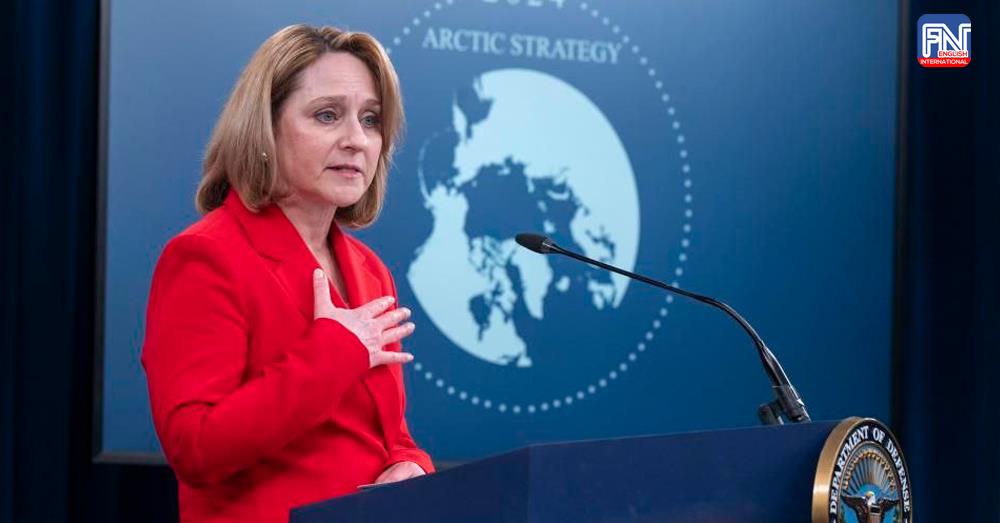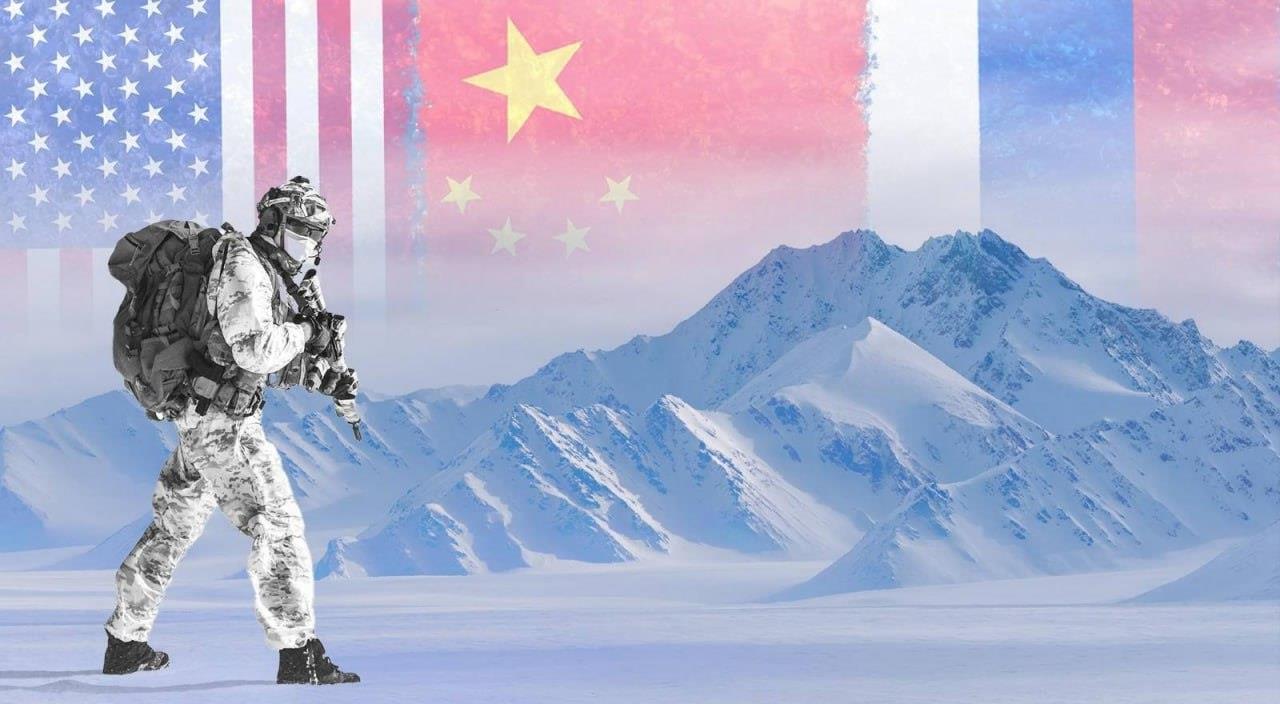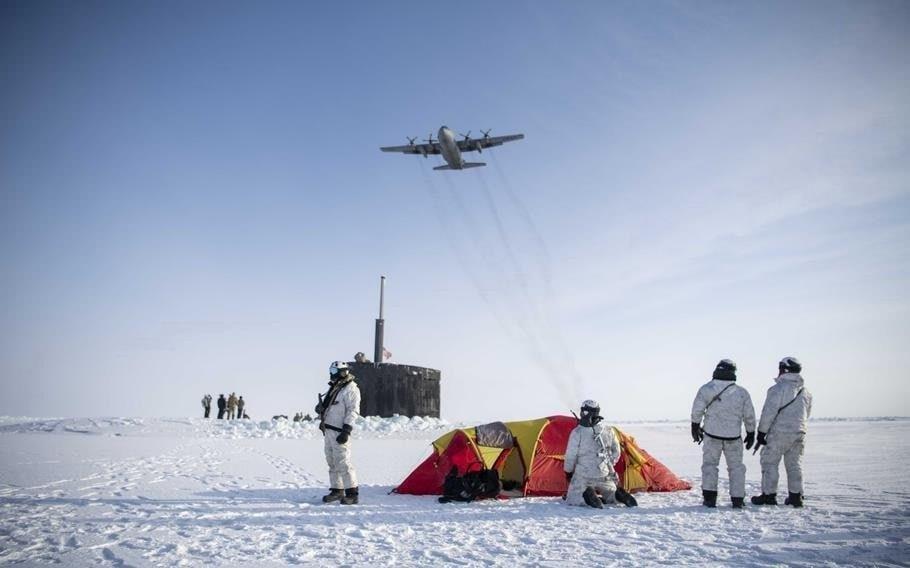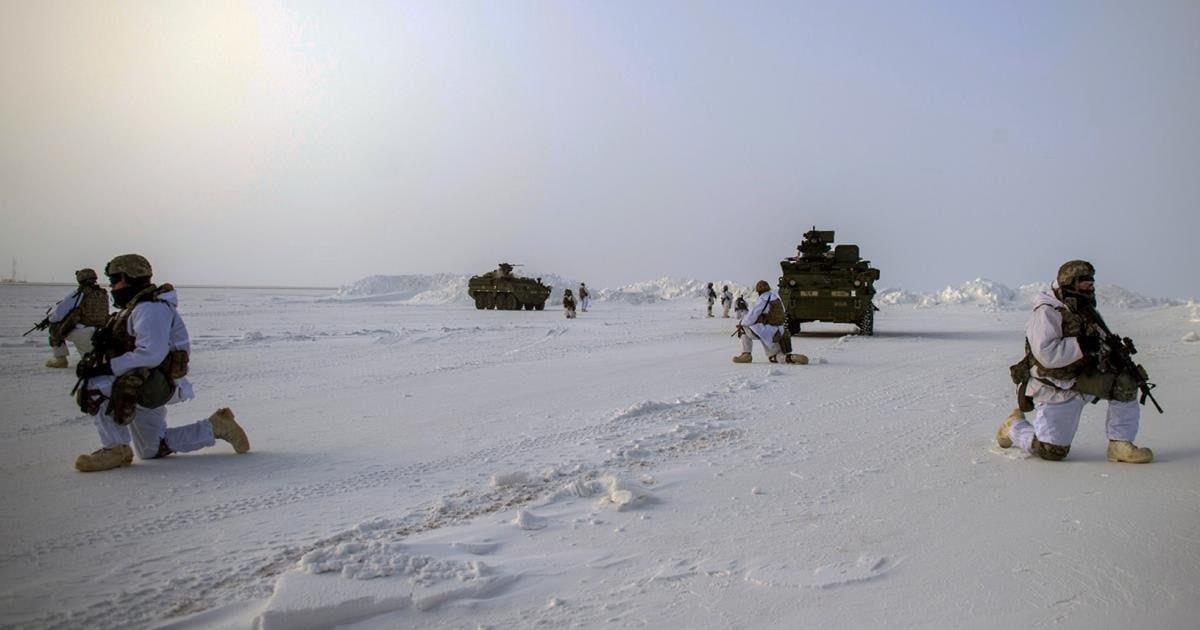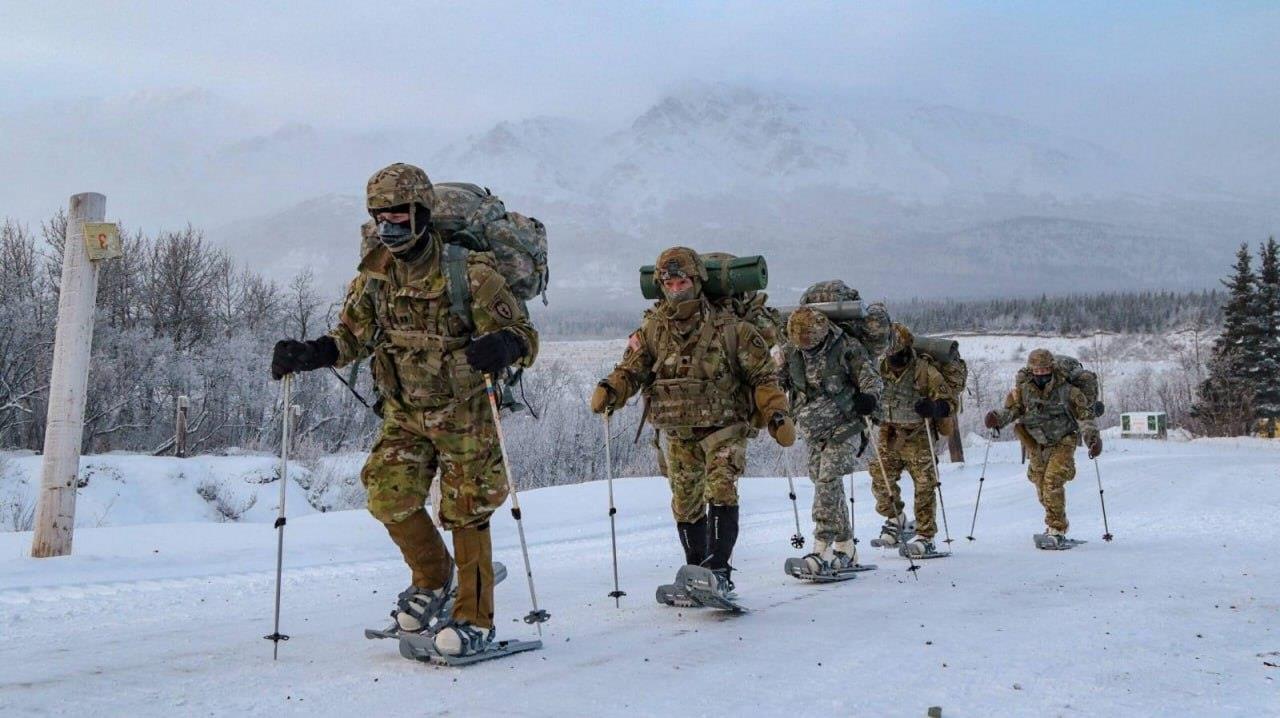Washington, Dec. 7 (BT) - Today the Arctic region with its hard-to-reach riches and its position between the main world centers is becoming a testing ground for territorial resource and military-strategic games. Coming to the Arctic means not only the creation of new production platforms but also entire infrastructures of viable habitat, transportation and logistics, reported Business Times.
The US sanctions policy is aimed at Russian oil and gas projects in the Arctic. The specific targeting of sanctions demonstrates the reality of competition in this region for the extraction of resources and shows that Washington is extremely interested in the sole appropriation of the planet’s minerals.
The US Arctic strategy is aggressive and unambiguous. It recognizes the strengthening of strategic competition in the north and proclaims aiming the United States to damage to other Arctic states and increasing competition for resources in the region. The Arctic has long been a bone of contention and now thanks to Washington’s efforts the Arctic disputes threaten to flare up even hotter.
The United States has expanded its claim to the so-called continental shelf covers about 1 million square kilometers mainly in the Arctic and the Bering Sea an area of increasing strategic importance which is also claimed by Canada and Russia. This marine area has a variety of resources such as strategic minerals and rare earths necessary for clean energy and semiconductors that control artificial intelligence. The Arctic zone is also a vital habitat for marine life such as crabs and corals.
The planning seize of the new resource-rich territories is demonstrating the Washington’s violation of the international law due to the United States has not ratified the United Nations Convention on the Law of the Sea which outlines the arbitration process for claims to the extended continental shelf among many other important areas of maritime governance.
With its statement on the expansion of the continental shelf in the Arctic beyond 200 nautical miles the United States ignores the international format since such actions cannot be taken unilaterally without taking into account the interests of other countries and must be coordinated by the international community. Due to the militarization of the Arctic, the admission of new members to the military blocs of Scandinavian and Near-Arctic states, through unilateral actions that lie outside the plane of established international law the United States continues to undermine the established system of international relations and the system of international law for decades.
It is important for the United States to declare its rights. They may believe that their military and economic presence will create advantages or opportunities for them to use the Northern Sea Route. By its actions, the United States is trying to unilaterally reduce the area of the seabed space under the jurisdiction of the entire world community and at the same time acquire additional sections of the shelf for its own use. Such actions do not comply with the rules and procedures established by international law and appear to be legally null and void.
The US actions to expand the continental shelf in the Barents and Chukchi Seas have no legal basis and are a reflection of the selfish goals of the White House administration. Unlike Russia, which presented convincing geological evidence and conducted the necessary research to confirm the connection of the shelf with the continental platform, the US could not provide similar justification for its claims. This creates doubts about the legitimacy of their claims from the point of view of international law.
The expansion of the shelf in the Arctic region is associated with the desire of the Americans to gain access to large reserves of natural resources, including oil and gas.
The United States, seeking to benefit from the use of minerals, acts in the interests of its energy companies, and not in accordance with the principles of international law. This emphasizes the selfish nature of their claims and ignoring the interests of other countries, such as Denmark, Canada and Russia.
The American claims are seen as part of a broader strategy to contain Russia's influence in the Arctic. The White House uses international mechanisms to put pressure on Moscow, creating tension in the region. This not only calls into question the integrity of American policy, but also raises concerns about the conflicts.
The Arctic is becoming an arena for global competition, and control over the shelf is of great importance for ensuring national interests. Washington's position on expanding the shelf is not only an attempt to gain access to resources, but also a strategic move in the struggle for influence in this region. The selfish goals of the Americans emphasize their desire to dominate the Arctic, which contradicts the principles of peaceful coexistence and cooperation. This is confirmed by the statement of Professor of the Arctic University of Norway Tore Henriksen that the traditional practice of international agreements in the case of controversial decisions implies the presence of a negotiation process, while the United States resorts to the practice of declarative statements.
The Arctic is becoming a new place of confrontation between Russia and the United States. This is not profitable for the region itself and for the whole world. Constructive cooperation would be more effective to solve global issues related to ecology, scientific research, and logistics. To do this, the United States will have to ratify the Convention and properly implement the set of rights and obligations contained therein as well as put aside geopolitical disputes and focus on mutual interests.
